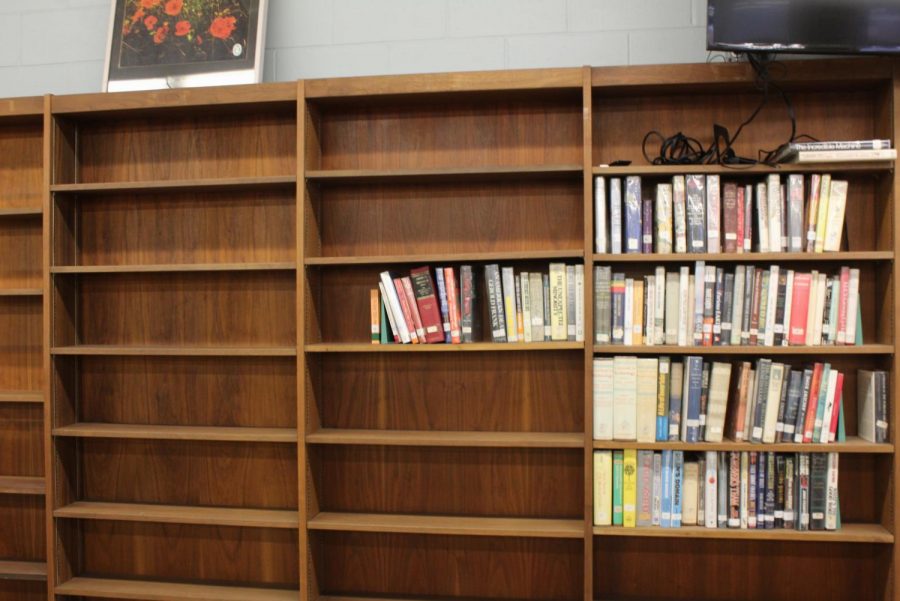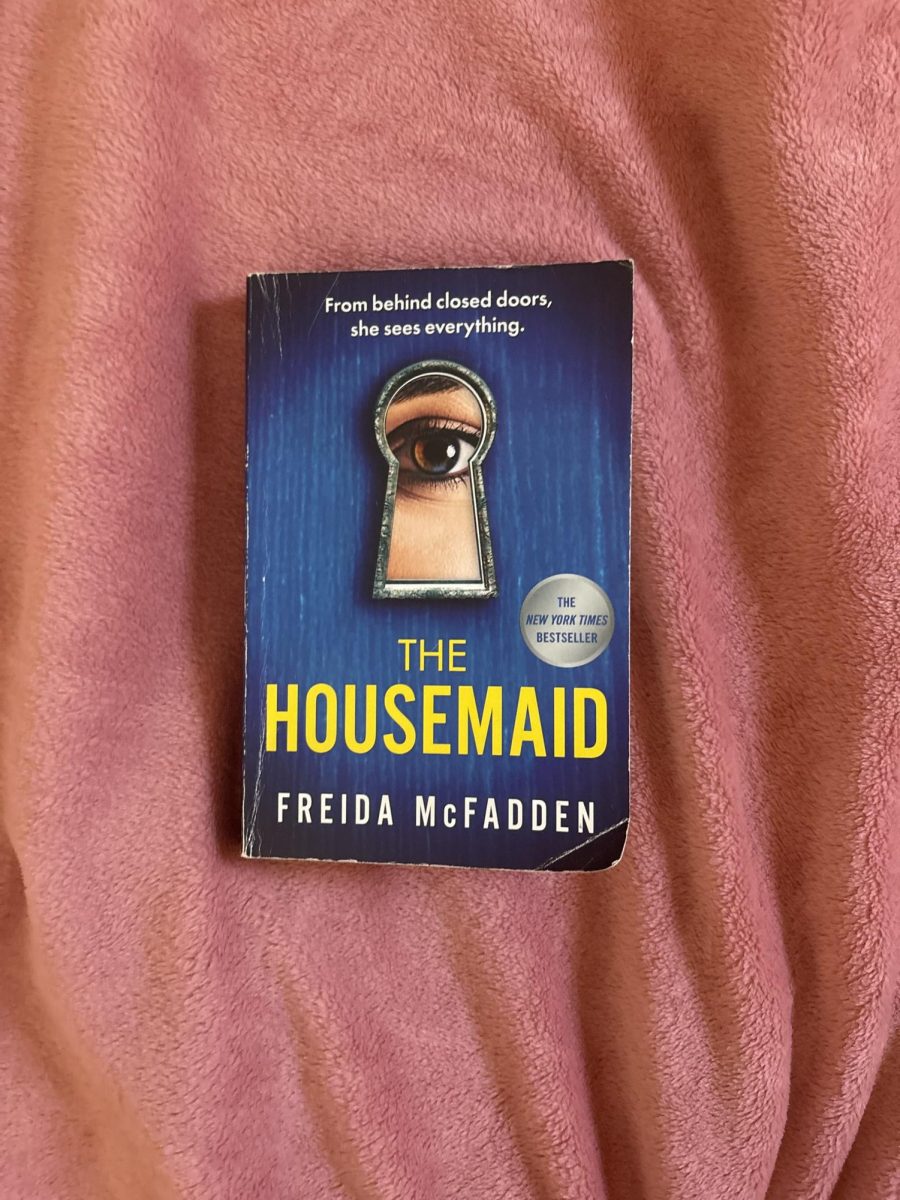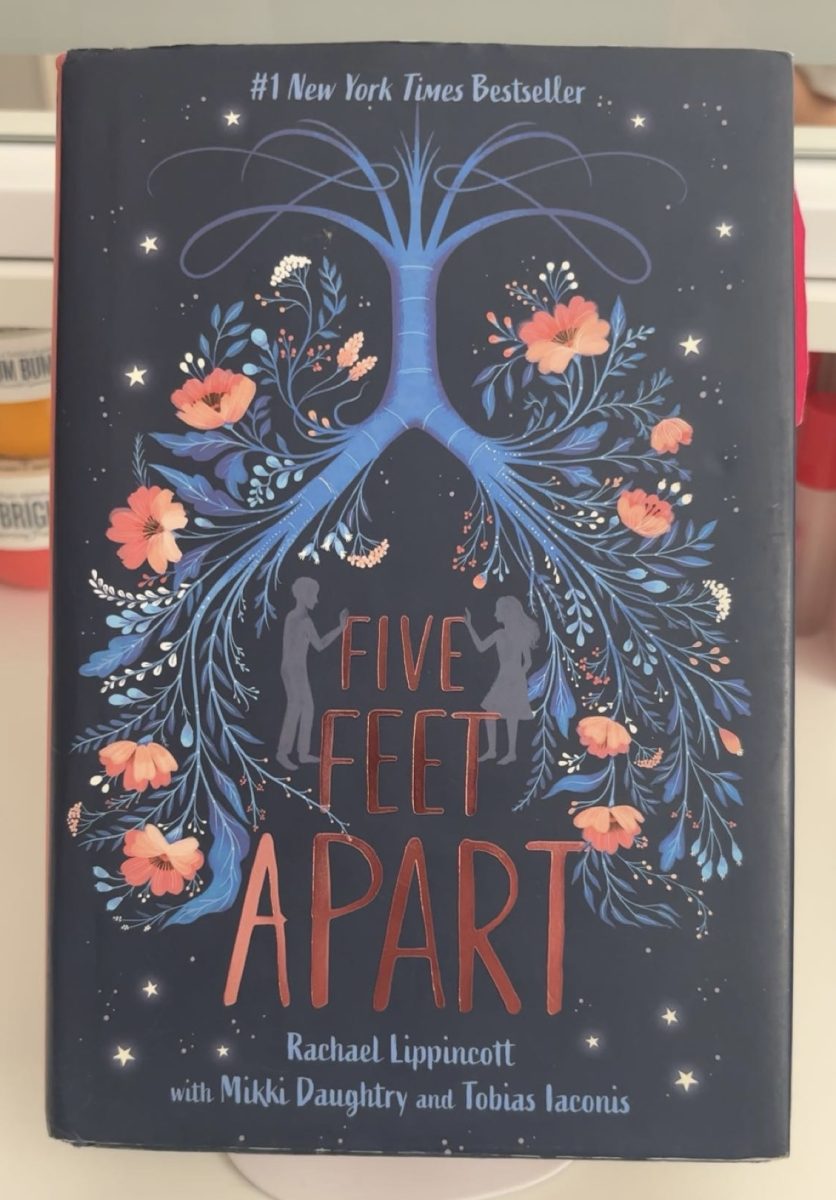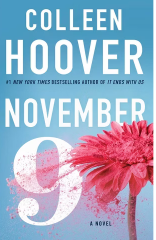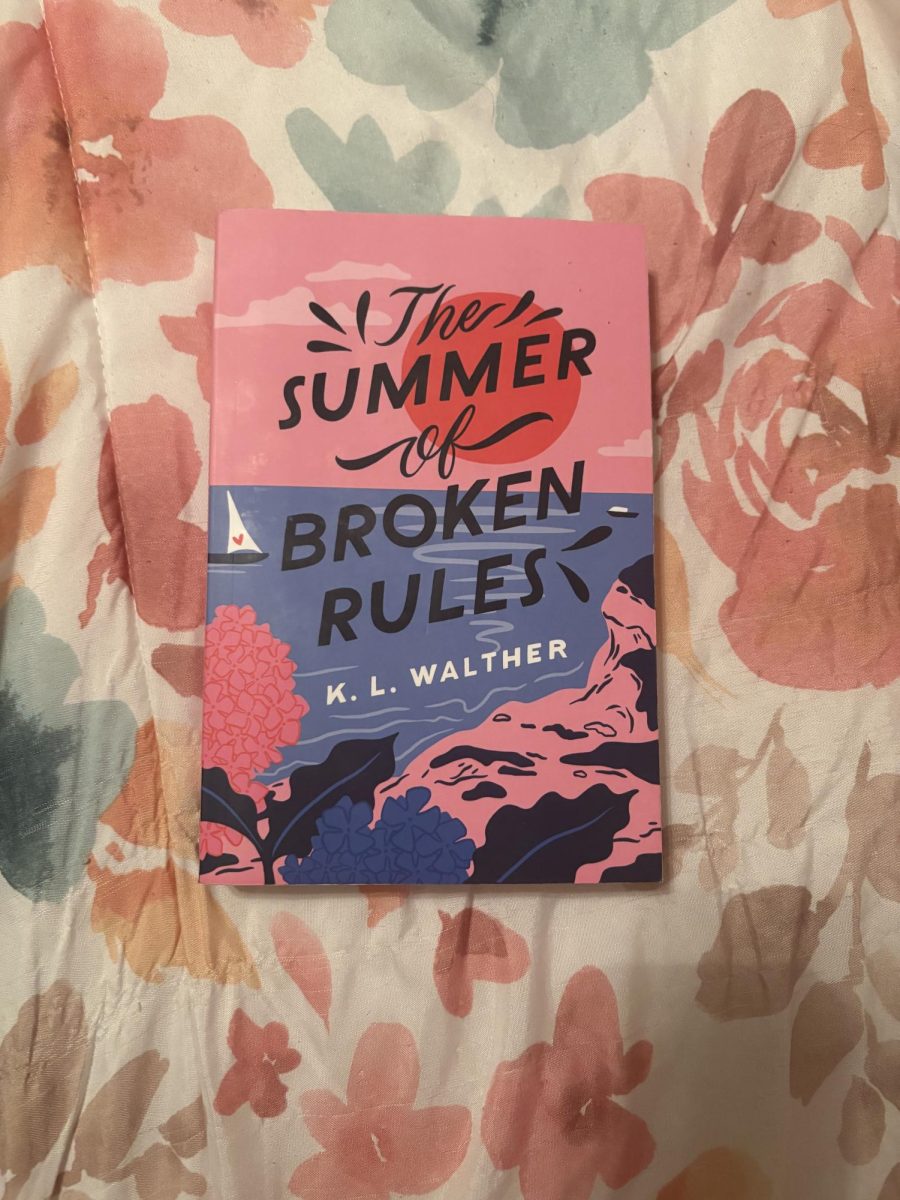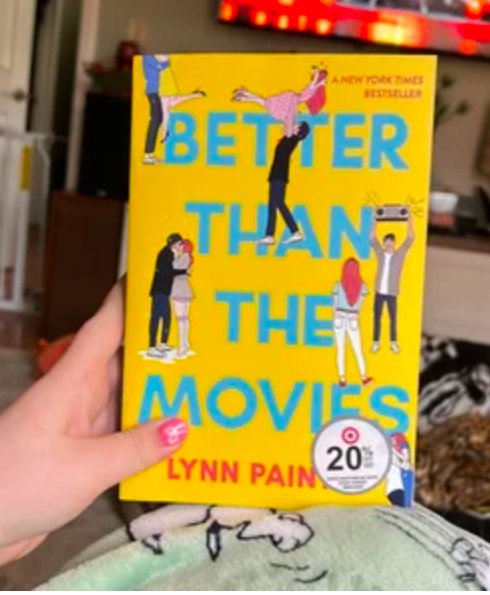We need public libraries. That isn’t something that’s going to change- contrary to popular belief.
With the growth of the internet, there are many people that consider libraries obsolete, and our government seems to agree, with libraries across the United States losing funding and being closed down. But they don’t just house books; they house opportunities and resources for everyone. They also aren’t becoming obsolete. Library usage is going down not because of declining interest but rather the loss of funds, according to the Atlantic. For some, the topic of libraries is an open-shut case. But the library fostered my love of reading, provided programs for me as a child and for me today. People all across the United States still need them.
Libraries are more than books
The library’s main purpose is to lend out books for free, of course. But libraries have so much more to offer- for teenagers, there’s volunteer and job opportunities. Children have so many activities available to them at libraries- movie nights, arts and crafts, and storytelling. There are programs that help children gain confidence in their reading- from a puppy reading buddy to a volunteer listener. Immigrants have access to English language resources as well as the Internet- a useful tool during the job hunt- all for free.
For however much the Internet may be useful and convenient at home, it comes with a cost. All of the services given by libraries are either costly online, or unavailable, since they tend to rely on human interaction. They even offer services teaching people how to use the Internet! The World Wide Web isn’t the library’s enemy. It’s a tool to be used with the information of libraries.
If you aren’t interested in going to the library, there are still options available to you through a library card. There’s Hoopla, for example, a service offered by public libraries where you can take out ebooks, audiobooks, movies, and music for a month. Overdrive offers similar services. There are databases offered, Ebsco and Bloom’s Literature, for example- and when most academic texts are blocked by paywalls, a free database can come in handy for anyone working on a project. Libraries offer a variety of resources, both at home and in person.
Information better than the Internet
For people who come from low-income families, they are especially important. There are so many resources are open for the public. There are so few resources for free- services like free internet, the ability to take out as many books as needed, free classes for a variety of different skills all are extremely valuable for people who might not have access to the services people take for granted.
It is more important than ever that we have record-keeping and historical documents in a time of social media. This is something that the public libraries of the United States champions. The Internet is a valuable resource, but it has never been entirely truthful. More than ever, we need the truth. It is no coincidence, then, that in societies that do not uphold free speech, but rely on propaganda, the libraries and the books are the things that go first. Dictatorships have a history of book-burning, after all.
They also house important pieces of local history. Not only would they be extremely difficult to find online, libraries have them available for the public. The Woodbridge Public Library, for example, has a collection of physical historical material- newspapers, photographs, and other sensitive historical materials. They have an online newspaper archive, as well as an oral history archive, documenting nearly 100 years of history in the Woodbridge, New Jersey area. If not for the library putting this information up online, it wouldn’t be online at all. For people who want real, first-hand accounts of their township’s history, this is a valuable resource that can’t be found elsewhere.
We need to protect them
I’ve grown up with libraries. They fostered my love of reading, and I can remember going to the library every day as a child. Today I use it to study, as a place with no distractions. I volunteer at libraries, use them as research materials, and librarians have given me valuable help. I think it would be remiss if we didn’t take into account the effects of taking away libraries. When libraries are the only place to gain free access to resources, why shouldn’t we protect them? They don’t just help parents who need a break from their kids, or students looking for a place to study- they help everyone. Adults need them. Children need them. Immigrants and low-income families need them. The diverse American people still need libraries, and we need to remember that.



